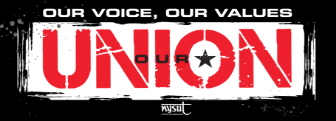TAKE ACTION!
Be the difference. Be the straw.
Got 60 seconds? Then you can take MULTIPLE actions with just a few clicks! Search for an action below or just start picking and clicking. Anything you can do makes a difference -- you just need to ask the lawmakers that hear from us!






